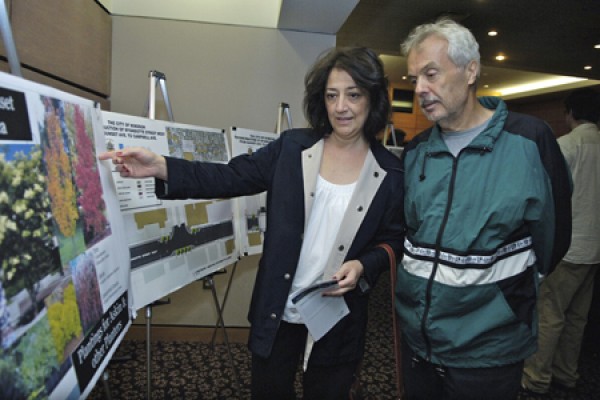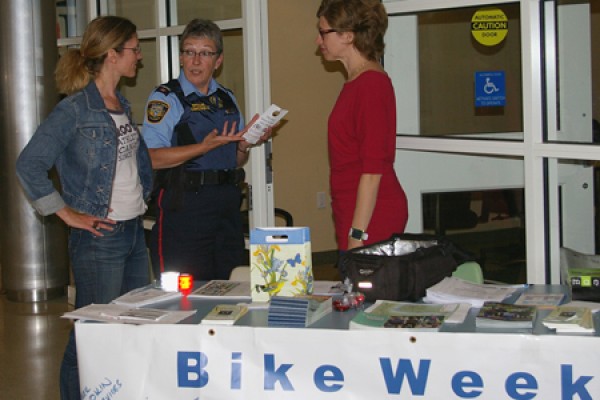Getting rid of its automated phone menu system will allow staff in the registrar’s office to provide better services to clients, says acting registrar Charlene Yates.
“Our students are sophisticated—they use the myUWindsor system, the Web site, or the app for general information,” she says. “When they call the office, it’s because they require personalized assistance and need to talk to a live person.”
The automated menu asked clients to indicate the nature of their call, and sorted them based on those responses.
“Most of them were still talking to a human being in the end. It just took them more steps,” Yates says. “We are hoping that eliminating those steps will help them get their answers faster.”
She saw the need for change when she reviewed the phone system’s script.
“Looking over the script of our menus I realized how many hoops we were asking students to jump through,” she says. “I just didn’t feel it was the excellent service we aim for.”
Under the new process, each call is answered personally, although during heavy volume, some callers may wait on hold. Office staff have the ability to monitor the queue and jump in if waits get too long.
“In addition to our client services specialists, our admissions and records officers can take calls from the queue,” says Yates. “Our ultimate goal is to improve our service to students.”
Survey to measure student satisfaction
To monitor the impact of its efforts, the office will begin surveying students about their experiences with registrarial services.
“We will be sending a survey out to each student after a point of contact—a phone call, visit, or e-mail interaction,” says assistant registrar Beth Oakley. “The idea is just to ask how we’re doing.”
Respondents will be asked whether the staff was knowledgeable, friendly and ultimately able to resolve the issue. Oakley hopes to launch a similar survey of faculty and staff clients in the winter semester.
Yates promises to make the results of both surveys available to the campus community.



 large, deep inlet on the southern part of Baffin Island. Those receivers collect data from corresponding acoustic tags implanted in such species as Greenland halibut, and help scientists understand their migratory patterns.
large, deep inlet on the southern part of Baffin Island. Those receivers collect data from corresponding acoustic tags implanted in such species as Greenland halibut, and help scientists understand their migratory patterns. their stock and protect their interests from outside fishing interests.”
their stock and protect their interests from outside fishing interests.”




